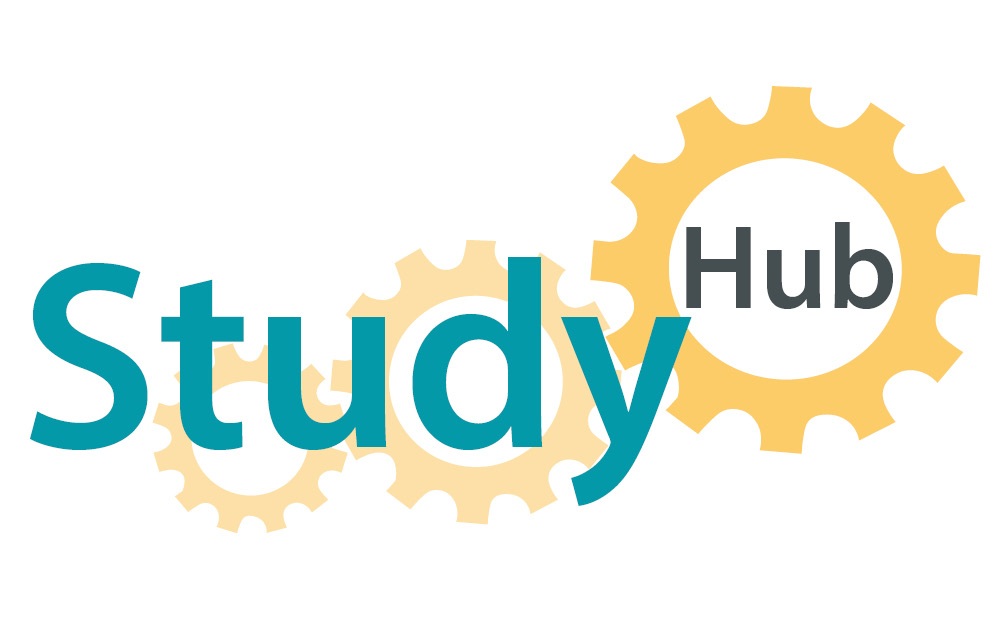Summary
Students repeatedly report that some of their most preferred methods to revise are re-reading and highlighting. But a recent review of the research on effective learning shows that the strongest contenders for the best long-term results are practice-testing and distributed practice.

(Photo: Unsplash)
Research has shown that when students want to revise, they tend to re-read or highlight their notes, lecture material, or textbooks [1]. The reasons are straightforward enough: both of these study techniques are simple, quick, and can seem like a reassuring comfort zone. Research by Professor in Cognitive Psychology Jeffrey D. Karpicke (Purdue University) and colleagues suggests that one of the reasons students prefer to re-read is that it leads to increased feelings of fluency in the material [2].
Research on the effectiveness of re-reading and highlighting/underlining has returned muddy results [1]. A number of controlled studies conducted with children, Air Force trainees, as well as undergraduate students, have suggested that highlighting alone does not lead to an improvement in performance. When it comes to re-reading material, there is limited evidence that it is effective or helpful. A few studies have shown it has some positive effects on recalling information. However, the picture gets complicated on the question of whether re-reading helps comprehension, and under what circumstances [1].
However, existing evidence overwhelmingly points to practice testing and distributed practice as the two most reliable study techniques. John Dunlosky, Professor of Psychology at Kent State University, and colleagues compiled a review of over 700 scientific articles on the ten learning techniques most commonly used by students. They found that practice testing and distributed practice are proven to be consistently effective, in a range of learning conditions [1].
Practice testing is essentially quizzing yourself on the information you want to revise (using flash cards, notes in the Cornell style, a question bank, etc.). Research has shown that the most important direct benefit is that it improves the ability to recall information, as well as the ability to retain it, and to do so for much longer [3]. Practice testing can be used for all kinds of factual information, and works best when the testing is in frequent but short bouts, with feedback for the wrong and right answers.
Studies show that practice testing has important indirect benefits, too. Firstly, it highlights the gaps in students’ knowledge. In a number of experiments, students taking a test spent more time studying the questions they had realised they missed or got wrong [3]. Secondly, it can even improve the knowledge of material that is not tested. A theory for this is that because practice testing triggers a mental search of long-term memory, it activates related information as well, and so forms a network of memory pathways to make the relevant information each time easier to retrieve [1].
Distributed practice is perhaps counterintuitive to most students: it is the opposite of cramming. Going over the information more than once, with time between each review session, significantly improves the ability to remember and use the information. Formally, this is referred to as the “spacing effect”. The spacing effect is one of the oldest and most reliable findings in research on human learning [4]. Reports for its benefits come from studies on learning information (such as vocabulary or definitions), as well as practical skills, maths, grammar rules, even coordination or motor skills. It has also been shown that people of any age can benefit from it, even elementary school children [1].
Experimenting with new revision techniques seems risky, especially when under pressure. But at least these two, if any, might be worth a try. Besides, with both, it has been shown that a little can go a long way.
Reference list
[1] Dunlosky, J., Rawson, K., Marsh, E., Nathan, M. and Willingham, D. (2013) ‘What Works, What Doesn’t.’ Scientific American Mind 24(4): 46-53. DOI: http://dx.doi.org/10.1038/scientificamericanmind0913-46.
[2] Karpicke, J., Butler, A. and Roediger, H. (2009) ‘Metacognitive strategies in student learning: Do students practise retrieval when they study on their own?’ Memory 17(4): 471-479. DOI: 10.1080/09658210802647009.
[3] Roediger III, H., Putnam, A., and Smith, M. (2011) ‘Ten Benefits of Testing and Their Applications to Educational Practice.’ Psychology of Learning and Motivation 55: 1–36. DOI: 10.1016/B978-0-12-387691-1.00001-6.
[4] Carpenter, S., Cepeda, N., Rohrer, D., Kang, S. and Pashler, D. (2012) ‘Using Spacing to Enhance Diverse Forms of Learning: Review of Recent Research and Implications for Instruction.’ Educational Psychology Review 24(3): 369-78. DOI: 10.1007/s10648-012-9205-z.



